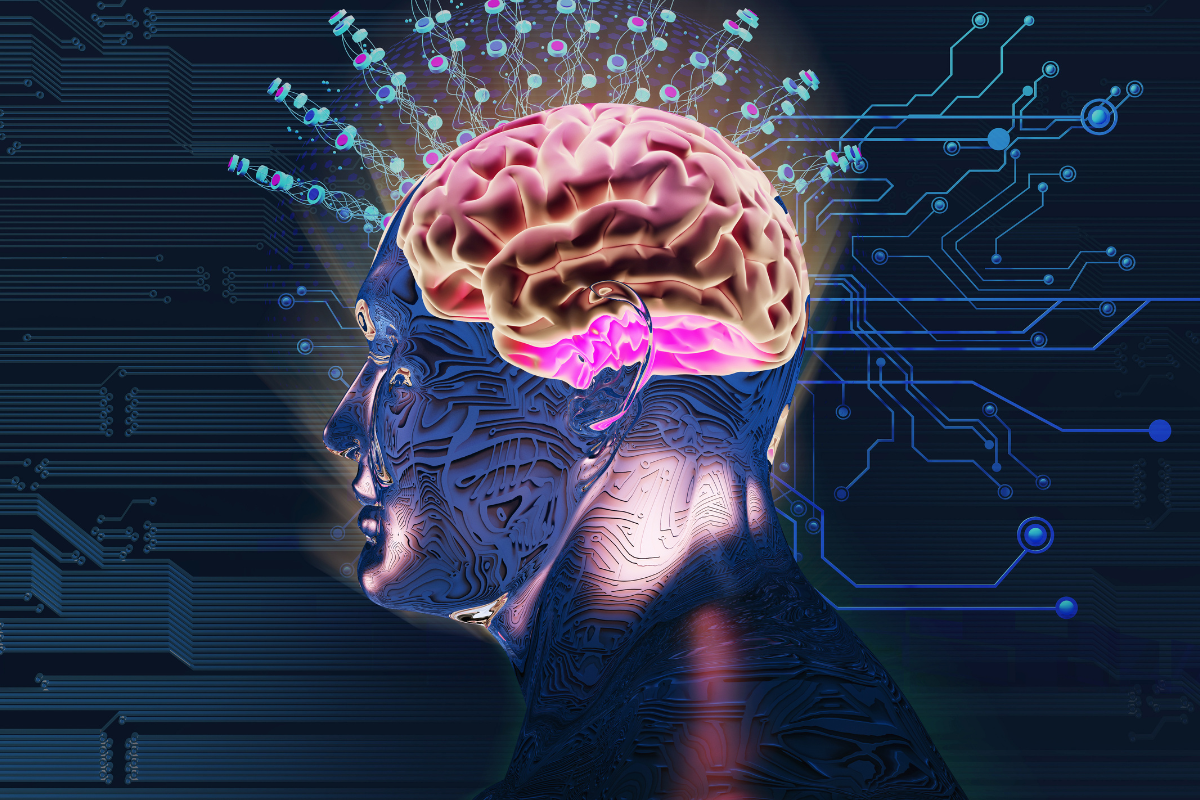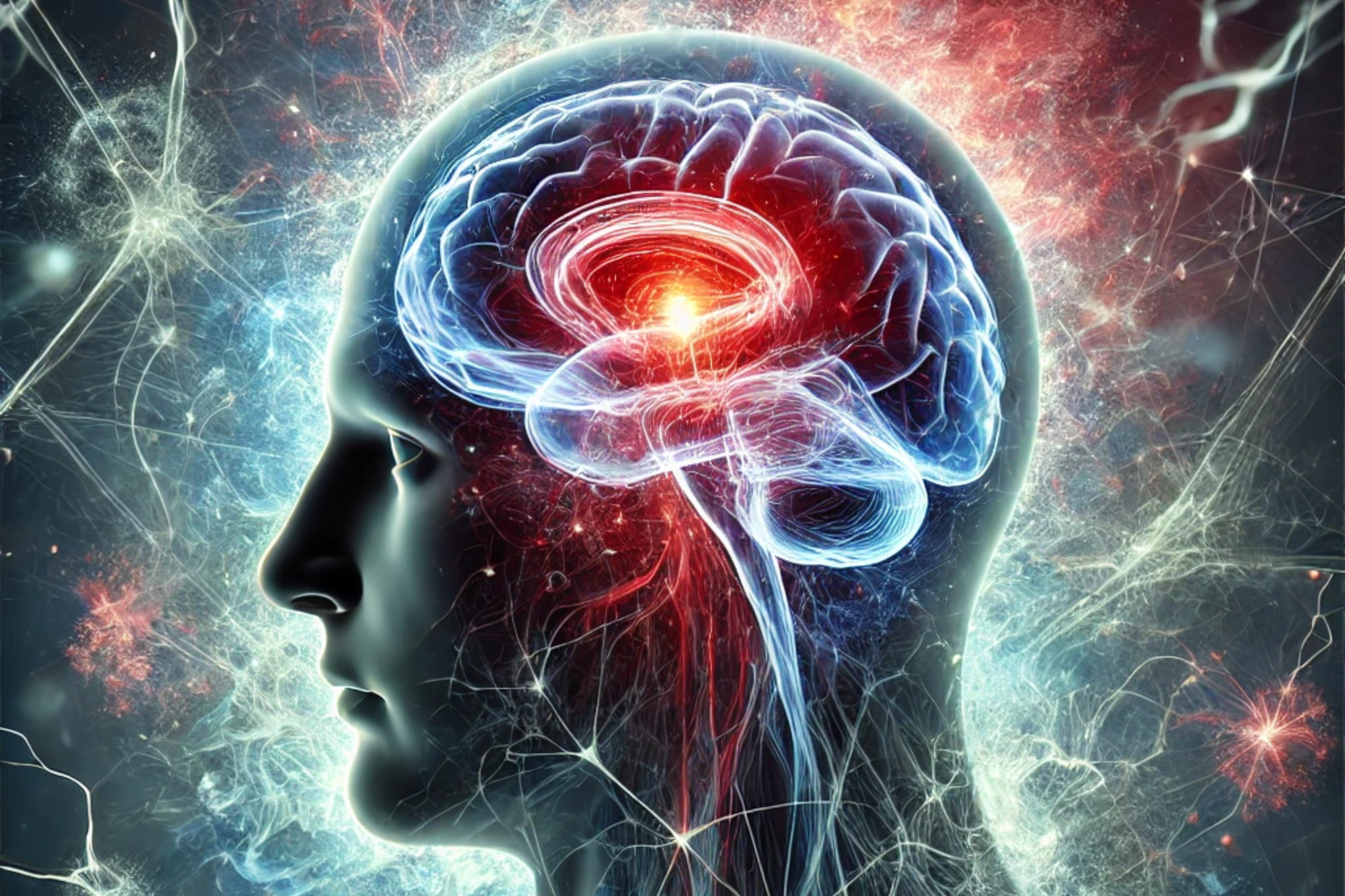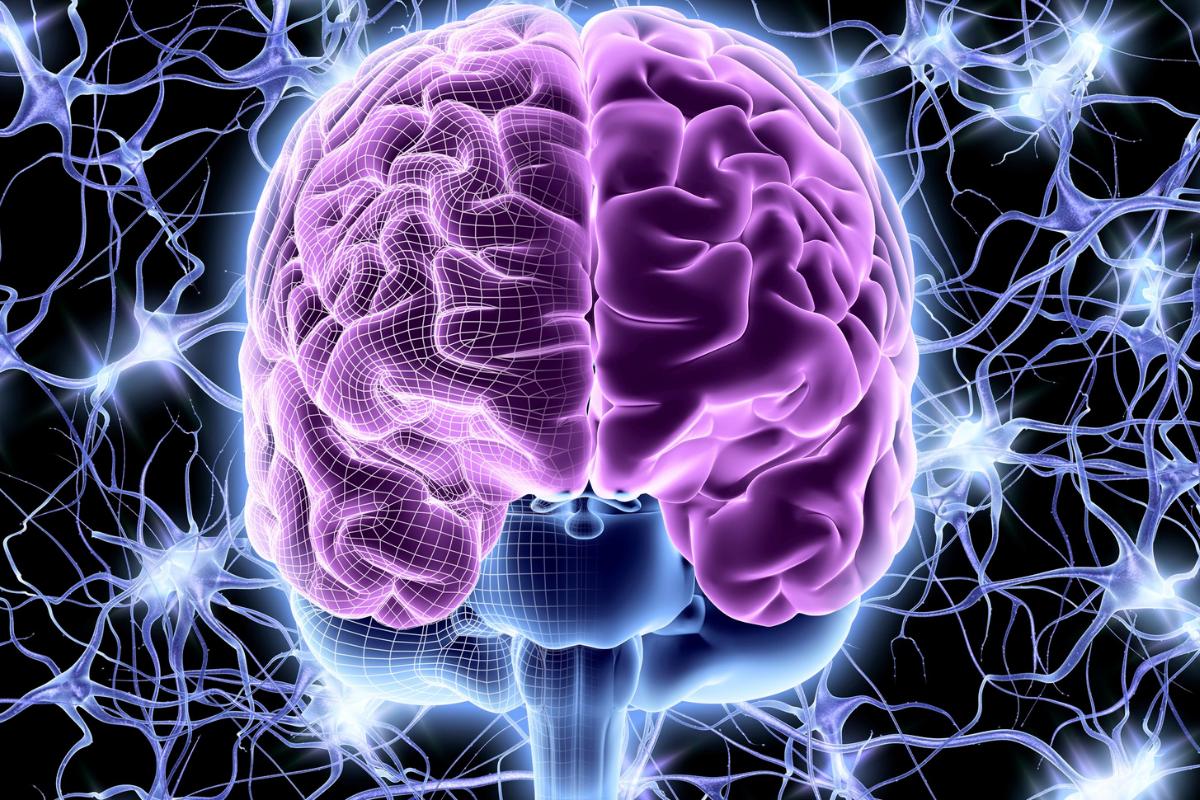By Dr. Petrus Raulino
Depression and inflammation
Depression and inflammation seem to go hand in hand. Some profiles of depressed patients show higher levels of cytokines.
Research has shown that the administration of cytokines alone can cause depression in animal models.
What are cytokines?
Cytokines are pro-inflammatory messenger proteins of the immune system. Many studies have reported increased levels of cytokines and their receptors in the peripheral blood and cerebrospinal fluid of patients with major depressive disorder.
In addition, several studies have shown that patients with major depressive disorder have elevated concentrations in the peripheral blood of pro-inflammatory substances: acute phase proteins, chemokines, adhesion molecules and inflammatory mediators such as prostaglandins.
Genetic variants called polymorphisms seem to influence the occurrence of immune activation and depression.
Research into protein production
There is a lot of research that suggests increased production of pro-inflammatory proteins by glia cells in the brains of depressed patients.
There are several types of glial cells: astrocytes, oligondendrocytes, Schwann cells, ependymal cells and microglial cells.
Glial cells are non-neuronal cells in the central nervous system that provide support and nutrition to neurons.
Microglial cells
Microglial cells are the smallest glia cells. They have an elongated cell body with many short, extremely branched extensions.
A study carried out in Sweden by Linköping University and published in the scientific journal Immunity has provided further evidence to suggest that microglial cells may play an important role in mood expression.
Microglial cells provide active immune surveillance of brain tissue and the spinal cord. They are activated in various neurological diseases and contribute to the development of affective disorders, including major depressive disorder.
According to previous research, neuroinflammatory processes also play a role in the development of depression, and this led the researchers to examine whether microglial cells are involved in mood regulation during neuroinflammation.
To investigate whether microglial cells are an important biological link between the immune system and mood, the researchers investigated what happens when microglial cells are inhibited.
The study carried out on mice showed that when the microglial cells were not available for activation, the mice did not feel unwell, even when they had inflammation.
But when they were activated, the mice showed aversion and a negative mood.
Main results of the studies
Studies manipulating microglial cells in living brains have obvious impediments to being carried out in humans.
However, although the study's findings cannot be extrapolated to humans, they serve to support the hypothesis that the mechanism may also occur in humans.
Further research is needed to demonstrate that the biological mechanism described in the study works in the same way in humans.
If so, new therapeutic targets could be developed from future research.
This is just another piece of the enormous puzzle about the biological bases that underpin activity mental.
References
1. Liu, Y., Ho, R. C. M., & Mak, A. (2012). Interleukin (IL)-6, tumour necrosis factor alpha (TNF-?) and soluble interleukin-2 receptors (sIL-2R) are elevated in patients with major depressive disorder: a meta-analysis and meta-regression. Journal of affective disorders, 139(3), 230-239.
2. Valkanova, V., Ebmeier, K. P., & Allan, C. L. (2013). CRP, IL-6 and depression: a systematic review and meta-analysis of longitudinal studies. Journal of affective disorders, 150(3), 736-744.
3. Miller, A. H., & Raison, C. L. (2016). The role of inflammation in depression: from evolutionary imperative to modern treatment target. Nature reviews immunology, 16(1), 22.
4. Barnes, J., Mondelli, V., & Pariante, C. M. (2017). Genetic contributions of inflammation to depression. Neuropsychopharmacology, 42(1), 81-98.
5. Klawonn, A. M., Fritz, M., Castany, S., Pignatelli, M., Canal, C., Similä, F., ... & Engblom, D. (2021). Microglial activation elicits a negative affective state through prostaglandin-mediated modulation of striatal neurons. Immunity.







